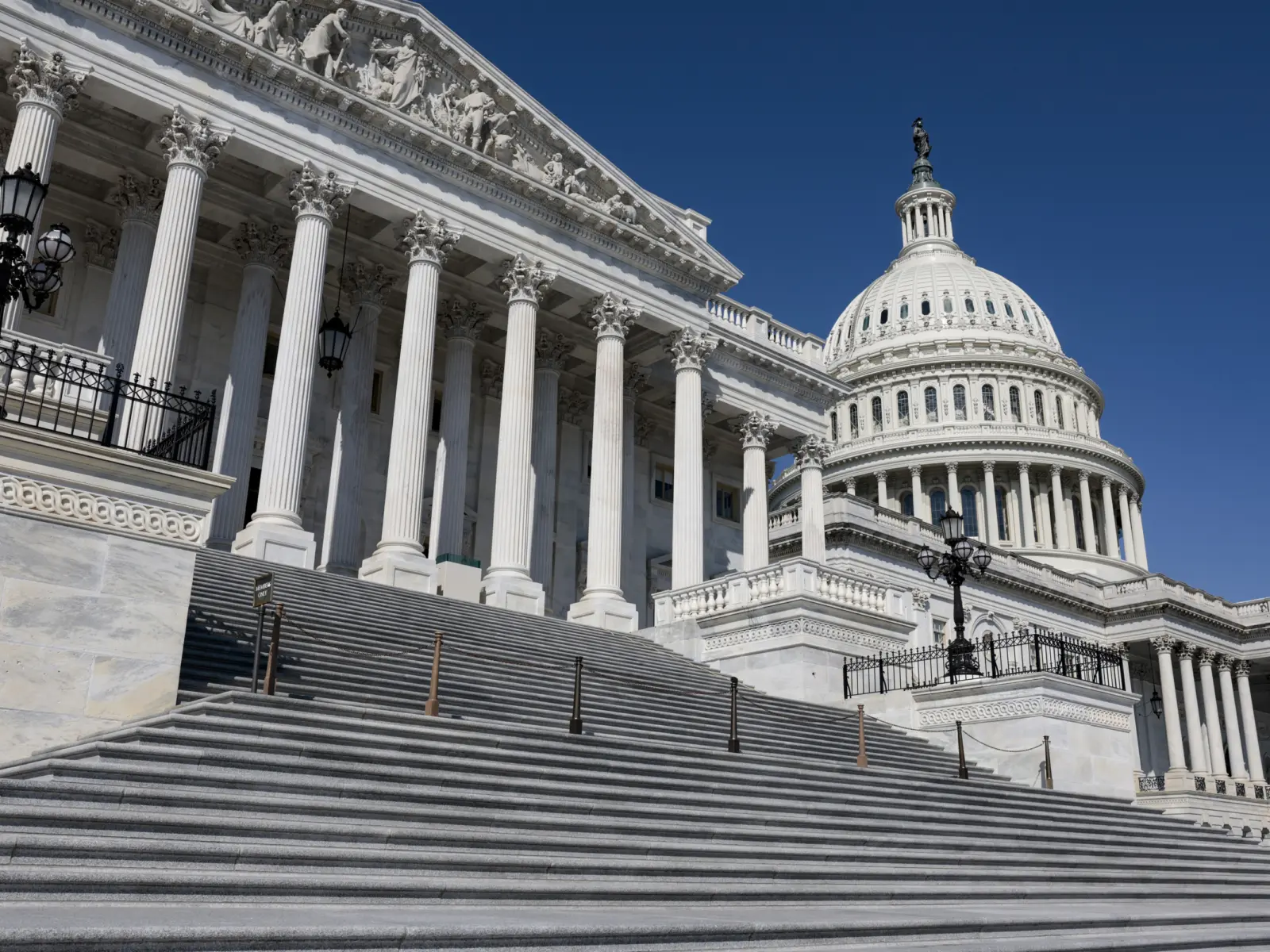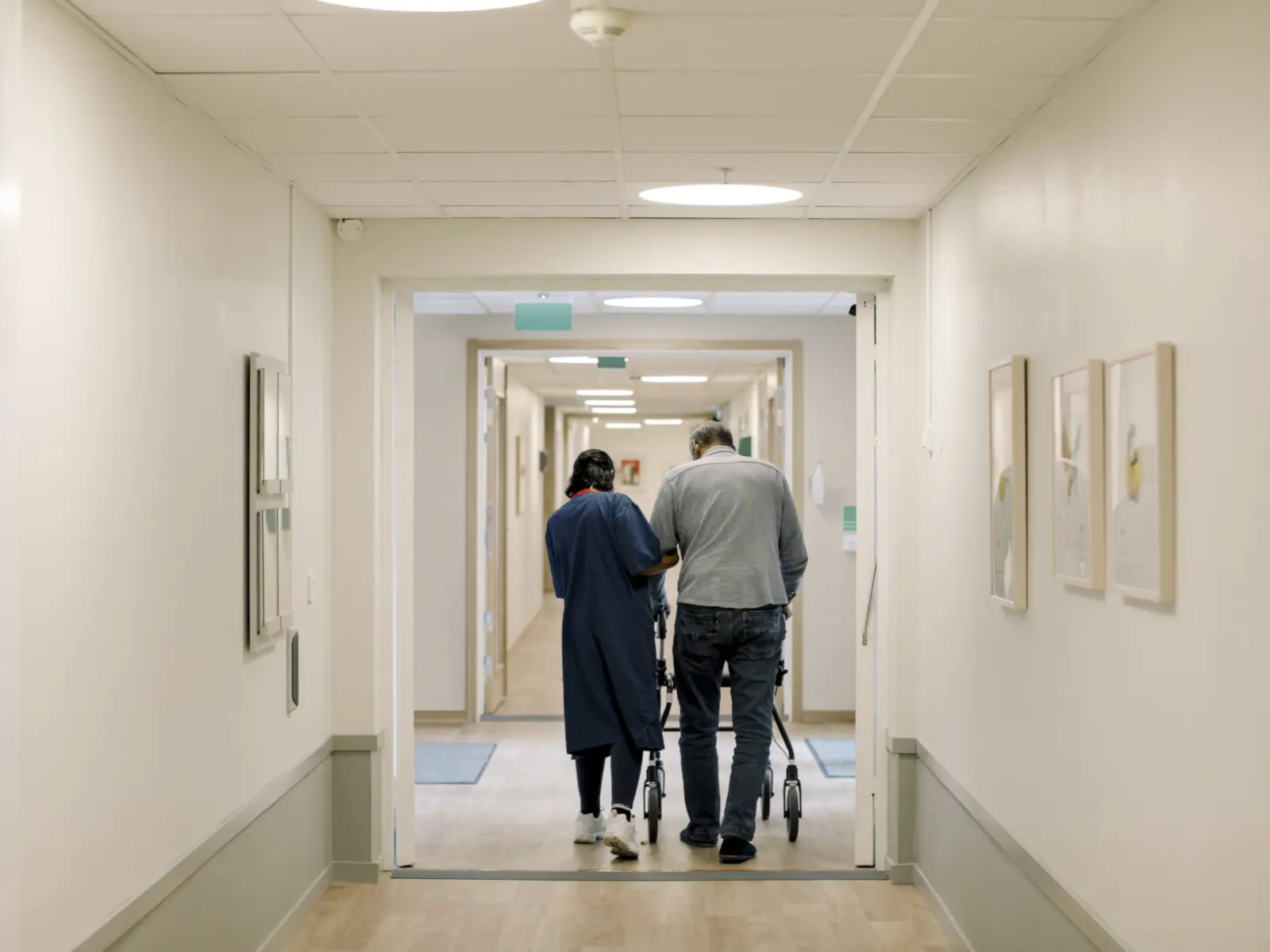State leaders are already facing tremendous challenges from budget shortfalls, to increasing costs for everyday goods and services, to rising health care costs, and, to hundreds of other needs across their state. Add to this list a sweeping set of policy changes that will have significant implications for state Medicaid programs — a place where states often look for savings because it commonly represents the second largest expenditure behind education.
Included as part of the One Big Beautiful Bill Act (OBBBA), some of these significant changes will require states to:
- Establish community engagement requirements (i.e., work, volunteer, education, etc.) as a condition of eligibility
- Verify eligibility more frequently for certain populations
- Implement cost sharing for certain populations
- Update eligibility systems to limit retroactive enrollment in Medicaid
- Conduct additional provider and beneficiary eligibility audits for program integrity purposes, amongst other changes
States will need to act quickly, as they are required to implement many of these changes by the end of next year.
What does this mean?
State policymakers are incredibly resilient, and they regularly rise to the occasion, even when faced with multiple competing priorities. But they need support.
Arnold Ventures is working with experts and partners across the field to offer additional support as policymakers navigate these changes — offering tools, insights, and resources to make sure states can meet the new requirements while keeping their programs strong and sustainable.
How we are doing it:
Assessing impact and developing a plan
Many states are still working to understand the impact of OBBBA on their budget and what changes may need to be considered to address any budget shortfalls. Ideally, changes to the program would be directed at potential overpayments and inefficiencies in the system today rather than on benefits and eligibility. At the same time, states need to develop a plan for complying with the new requirements. Thoughtful strategic planning can make the best use of constrained resources in a challenging time. For more information, please click here.
Developing policy
States must develop new regulations, guidance, and processes that comply with the requirements in OBBBA, but they have some degree of flexibility in how they design their systems. For example, certain populations are exempt from some of the requirements, and states’ policies and processes should reflect that. Experts are available to support states with designing regulations and policy in ways that reflect states’ goals and comply with federal requirements. For more information, please click here.
Implementing System Changes
The technology that states use to enroll people into Medicaid is often old, meaning each change to their system can be costly and complicated. States often struggle to hire and maintain staff to support this type of technology and instead rely on outside vendors to build and maintain these systems. With these external vendors, there is a risk of being overcharged, and oversight can be challenging. States need support in both building more modern technology that is easy to use from the beneficiary perspective and in overseeing vendors to ensure compliance with federal rules. For more information, please click here.
Peer-to-peer learning
States trust and learn from each other. As they take on these changes, it’s important that there are spaces in which state leaders can problem-solve and learn from each other. Several organizations are assisting states in this capacity.
Evidence generation
Work requirements have never been implemented at scale in the Medicaid program. But, as these policy changes go into effect, we want to be sure that the research community is well-equipped to study the Medicaid program’s experience with these requirements. Starting these investments now means that the evidence will also be ready more quickly.
For more information or to be connected to these resources, reach out to Amy Abdnor / Morgan McGrath.





